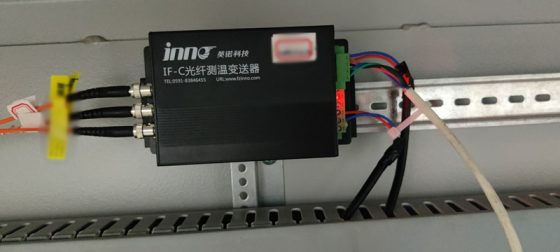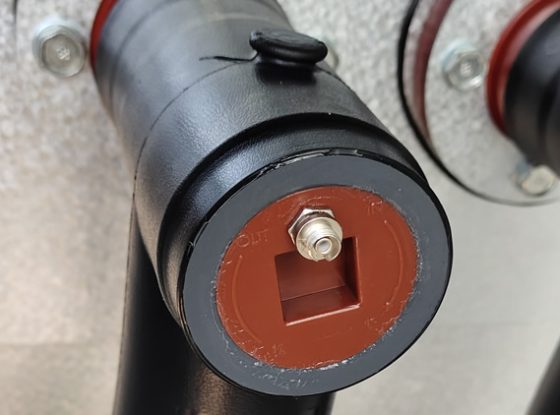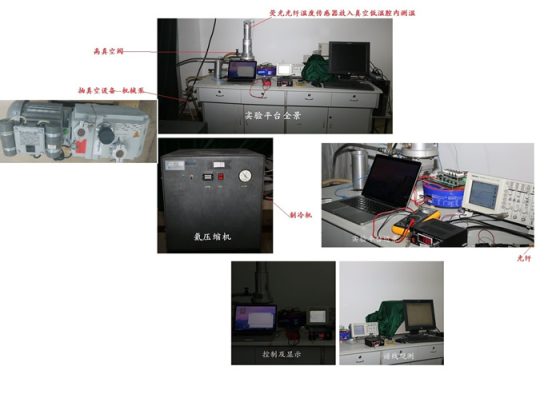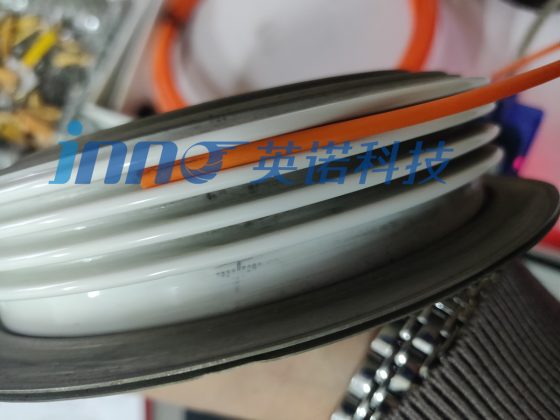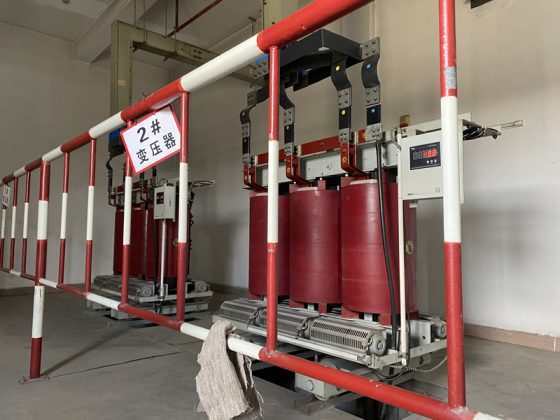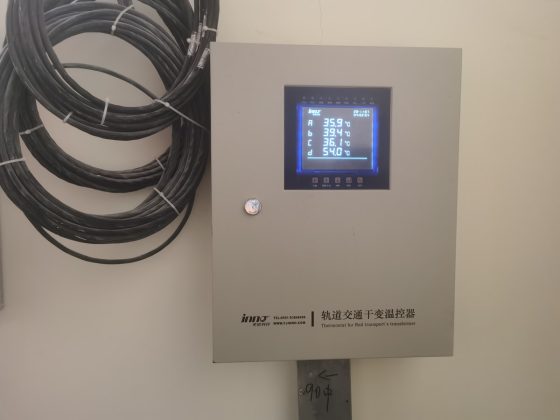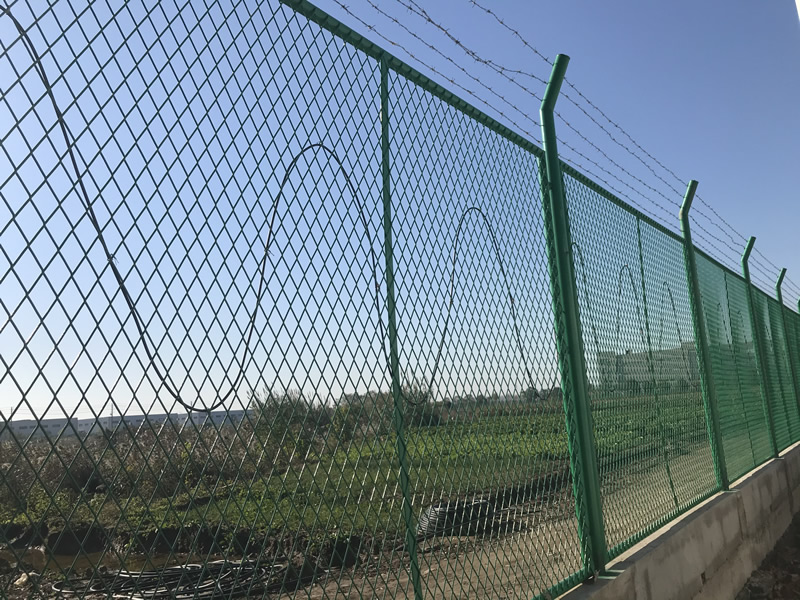
The installation and laying method of the distributed fiber optic perimeter security sensing monitoring system:
1. Prevent rollover and intrusion
Wire mesh
Linear laying: A single sensing optical cable is fixed horizontally and straightly on the iron mesh, which can detect intrusion methods such as climbing and crossing, and is suitable for situations with low security requirements.
Parallel linear laying: Multiple sensing optical cables are horizontally fixed on the iron mesh to increase the detection area and sensitivity to intrusion signal detection. They can detect climbing, climbing, cutting, and other intrusion methods, and are suitable for situations with high security requirements.
Metal fence
Due to the hard texture of the metal fence, in order to reduce false alarms, it is necessary to increase the number of sensing optical cables laid to ensure detection sensitivity, such as laying a sensing optical cable at the top, middle, and bottom of the fence. When security requirements are high, the number of sensing optical cables laid in the middle of the fence can be increased.
Circular iron mesh
Circular iron mesh is usually located at the top of the fence, with a light weight and loose structure, which is easily affected by environmental factors and can cause false alarms. Ya mere, sensing optical cables should be laid on both sides of the fence and near the bottom of the iron mesh. Due to the inability of this laying method to prevent wall excavation intrusion, it is best to use it in conjunction with other laying methods.
2. Anti chiseling wall intrusion
Multiple sensing optical cables are laid parallel to the wall, and the vibration alarm generated during wall chiseling is sensed. To reduce false alarms, the number of sensing optical cables should be increased according to the height of the wall, and the optical cables should be fixed evenly on the wall.
3. Buried anti crossing intrusion
The buried laying of sensing optical cables is relatively concealed and not easily detected by intruders in advance. Determine the laying depth based on the ground conditions (grass, sand, wdg.), lay the sensing optical cable in an S-shaped or parallel manner with multiple sensing optical cables, and then cover it again. When an intruder enters the defense area or underground excavation generates vibration, an alarm will be triggered. The embedded fiber optic grating perimeter system can detect various vibrations around it, and through linked video monitoring, various intrusion behaviors can be distinguished. For example, when someone passes within a range of 3 meters from the vibration fiber optic cable, the system can detect abnormal signals and retrieve monitoring information of the intrusion location to determine whether it is an intrusion behavior.
Ngwa nke distributed fiber optic perimeter security monitoring system products (including but not limited to the following fields):
Important fields such as petroleum, Petrochemical, and oil depots
Power grid nuclear power plants, power plant substations
Rail transit along railways and highways
Residential communities, schools, hospitals, private villas
Anti interference requirements for airports, communication stations, wdg
Large venues such as schools and complexes
Museums, archives, and other places that require monitoring for illegal entry and exit
Advantages of distributed fiber optic perimeter security monitoring system products:
Continuous monitoring: long-distance passive monitoring, lightning protection, fire prevention, explosion-proof, anti detection, anti-interference.
Visual alarm display: When an intrusion occurs, an alarm is issued and the location of the intrusion is displayed on an electronic map through monitoring software.
Linkage video monitoring: freely configure monitoring linkage, control GSM, on-site recording, lighting broadcasting and other alarm linkage systems, and send alarm protocol data to other devices and software systems through switch signals;
Partition/Hierarchical Event Alarm: Provides multiple flexible alarm methods, and alarm parameters can be set in different levels and regions;
Compatibility and scalability: The signal processor has large and small defense zones, which can meet various needs and achieve different functions appropriately;
Fiber optic okpomọkụ ihe mmetụta, Usoro nlekota ọgụgụ isi, Ndị na-emepụta fiber optic ekesara na China
 |
 |
 |
 INNO fiber optic okpomọkụ sensọ ,usoro nlekota okpomọkụ.
INNO fiber optic okpomọkụ sensọ ,usoro nlekota okpomọkụ.

